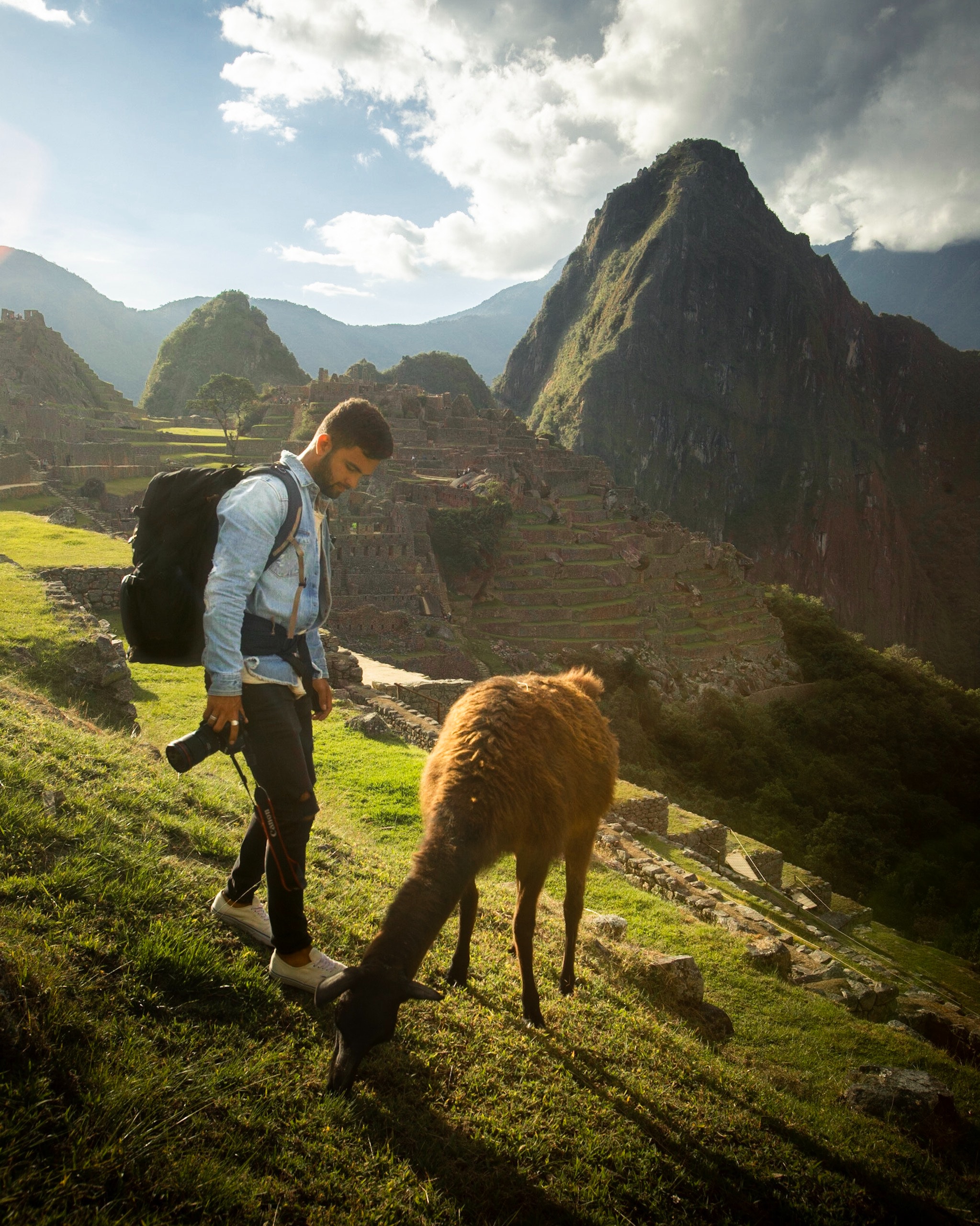
Travel is one of the best ways to enrich our lifestyles. Going to foreign countries or even remote places in your own country can be a great way to not only learn the customs and traditions of that place, but also to contribute to their economies and livelihoods However, as domestic and international travel becomes more accessible to a larger group of people, the preservation of the nature and environment of popular travel destinations becomes a bigger concern as well. In this week’s article, we’ll tell you all about how you can be a responsible visitor so you can make tourism more sustainable!
What is Sustainable Tourism?

According to the Global Sustainable Tourism Council, the concept of Sustainable Tourism refers to the practices in and by the industry which take into account the impacts of tourism, with the goal of minimising the negative impacts as much as possible. The concept has also been supported by the United Nations Environmental Program and the United Nations Tourism Organisation, demonstrating that tourism not only affects the economies of local communities, but their nature and surroundings as well. should not be antagonised, but celebrated as long as they are respectful and conscientious.
What are some practices that fall under Sustainable Tourism?
Some practices which fall under Sustainable Tourism can involve anything from observing specific etiquette while visiting natural heritage sites to traveling through more sustainable means. Let’s have a look at some of the examples!
Backpacker Tourism

One sustainable practice that has been around for a while is Backpacker Tourism. Backpacker Tourism or Backpacking, as the name suggests, involves traveling with the minimum amount of one’s belongings which typically fits inside one backpack. this as it also includes minimalist practices in other areas of travel. Someone going Backpacking might also choose to use cheaper forms of transportation from one destination to the next, opting to use a train or boat rather than a domestic flight. Backpackers also tend to stay at cheaper and smaller accommodations, think hostels and homestays instead of commercial hotels.
Once thought of as merely a budget-conscious traveler’s solution to expensive flights, hotels, and other travel costs, Backpacking has proved to also have less of a negative impact on the environment than conventional travel. Using public transport like trains while backpacking helps cut greenhouse gas emissions by at least six-fold when compared to flying. Staying at a hostel also produces 75% less carbon emissions than staying at a commercial hotel. Not only does Backpacking allow travellers to save money and have more unique experiences, it also allows them to minimise their impact on the environment.
Eco Tourism

Another way that we can practice Sustainable Tourism is by visiting natural heritage sites or places that are focused on showcasing their natural resources. This is sometimes referred to as Eco Tourism. While it may not seem intuitive that visiting these destinations helps preserve the nature there, there are quite a few reasons why these sites are worth seeing if you want to keep them thriving and well.
One reason is that tourism drives the economy in most of these places. Without the business provided by tourists who come to see the sites, pay for tickets to attractions, and buy souvenirs from local sellers, the people living in these destinations would not have any livelihood. Though that sounds like a purely economical problem, it actually relates to the environment as well.
Without businesses to help the locals make a living, they would not have the means or motivation to keep these places in pristine condition. Oftentimes, Eco Tourism destinations do not get as much support to maintain their attractions, or it is simply too expensive. Sometimes, the local governments that help maintain these attractions also charge a separate environmental protection fee to help preserve the beauty of their resources.
Eco Tourism sites also often allow travelers more unique and safe experiences, while also broadening their horizons about the environmental issues many of these natural travel destinations face. Going on an island-hopping tour might teach you about the many species of sea creatures that live in a certain area while also warning you of issues such as coral bleaching and illegal fishing. Cave tours can also teach you about the different minerals that appear in caves while teaching you of the harm of excessive mining. Having a direct and visceral encounter with beautiful features of nature allows us to not only feel more concerned about these destinations, but also teaches us to be more responsible for the sake of our natural treasures.
Mindful Decisions While Traveling

Lastly, one practice that falls under Sustainable Tourism is general mindfulness while traveling. This means making deliberate choices to minimise your negative impact as a traveler. You might have heard of other forms of this practice, like cultural mindfulness which involves learning the basics of what people in a certain place find respectful or disrespectful. By extending this idea even further, we can also choose to be respectful of the environment of the places that we visit.
Obvious practices include adhering to their local garbage disposal laws and not entering natural reserves that are restricted to the public. Some less obvious examples however include researching the sustainability and ethicality of the places that we visit. Not all tourist sites are built the same. is worthwhile to invest some time to ask some of the following questions. Who is running this tourist site? Where do the proceeds of tickets and other fees go? Does this site properly care for the creatures and habitat that it features? help us be more mindful of where we travel and how we impact the places we travel to.
Conclusion
It is good to remember that Sustainable Tourism doesn’t end at our individual choices to help the environment and the places that we travel to. It is also an aspiration for a world where all travel is sustainable and we are able to avoid damaging the destinations How will you practice Sustainable Tourism? Share this article to your traveler friends for their next trip!
If you want to read more articles on topics like sustainability and environmentalism, we publish articles like this one every week on our website . And don’t forget to check out our official Facebook and Instagram pages. Safe travels!





